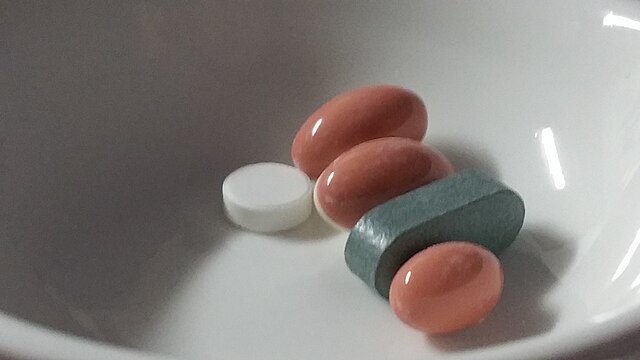Does Coenzyme Q10 (CoQ10) Supplement Improve Fertility?
Fertility challenges affect millions of individuals and couples around the world, and as interest in natural and evidence-based support grows, Coenzyme Q10 (CoQ10) has become one of the most discussed supplements for boosting reproductive health. Whether you're trying to conceive naturally or going through assisted reproductive technologies like IVF, understanding how CoQ10 works can help you make informed decisions.
🧬 What is Coenzyme Q10 (CoQ10)?
CoQ10 is a vitamin-like antioxidant naturally produced by the body. It's found in every cell, where it plays a vital role in energy production—especially in organs that need a lot of energy, such as the heart, kidneys, and reproductive organs.
As we age, CoQ10 levels decline, and factors like poor nutrition, stress, chronic illness, and medications (like statins) can further deplete it.
🧫 How CoQ10 May Improve Fertility
1. For Women: Egg Quality and Ovarian Function
- Improves mitochondrial function in egg cells (oocytes), which is crucial for their development and maturation.
- Acts as an antioxidant, reducing damage caused by oxidative stress in the ovaries.
- May improve ovarian response in women undergoing IVF.
- Especially promising for women over 35, whose egg quality naturally begins to decline.
📌 Studies have shown improved embryo quality and higher pregnancy rates in women using CoQ10 before IVF.
2. For Men: Sperm Health
- Enhances sperm motility and concentration.
- Reduces oxidative DNA damage in sperm cells, potentially improving fertilization and embryo development.
- May boost testosterone levels indirectly through better mitochondrial energy production.
📌 A meta-analysis of clinical trials concluded that CoQ10 supplementation significantly improved sperm parameters in men with subfertility.
⚖️ Dosage and Safety
- Common Dosage: 100–300 mg daily (often divided into two doses)
- Form: Ubiquinone (oxidized form) and Ubiquinol (reduced, more bioavailable form)
- Safety: Generally well-tolerated. Mild side effects can include stomach upset or insomnia if taken late in the day.
📝 Always consult a healthcare provider before starting any supplement, especially if you are on medication or undergoing fertility treatment.
⏳ How Long Should You Take It?
- Fertility benefits are often seen after 2–3 months of consistent use, aligning with the time it takes for egg and sperm cells to mature.
🛒 Choosing a Good CoQ10 Supplement
When selecting a CoQ10 product:
- Look for ubiquinol for better absorption.
- Choose reputable brands with third-party testing.
- Consider softgels over tablets for better bioavailability.
💡 Final Thoughts
CoQ10 supplementation is a promising, safe, and well-researched option for both male and female fertility—especially for those over 35 or with known oxidative stress-related fertility issues. While it’s not a magic pill, when combined with a healthy lifestyle, balanced diet, and appropriate medical care, CoQ10 can be a valuable part of your fertility toolkit.
👩🏽⚕️ At Mascot Healthcare, we offer fertility consultations, hormonal tests, and ultrasound scans to support your journey.
